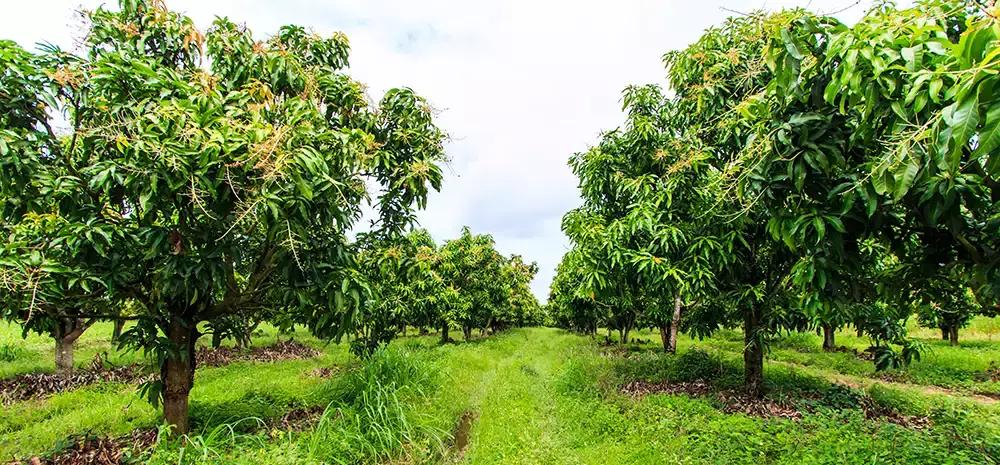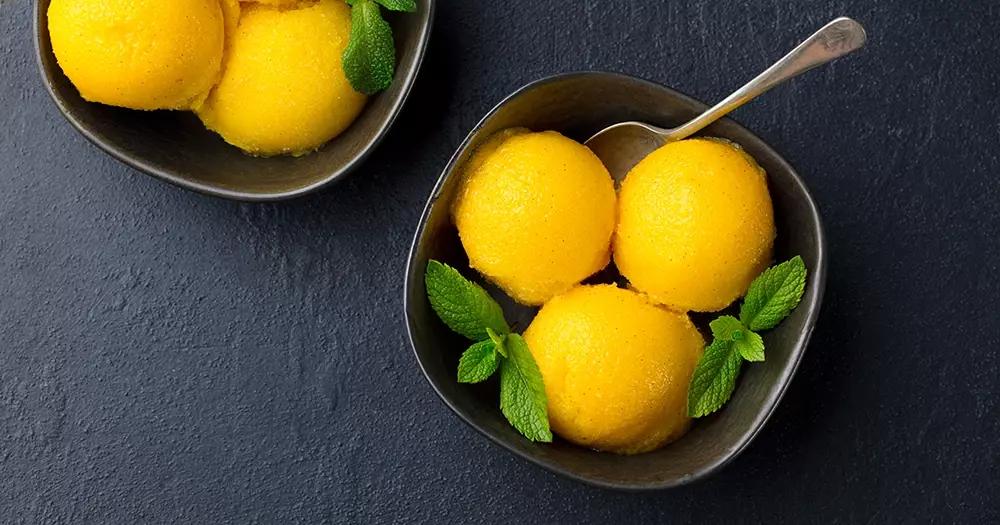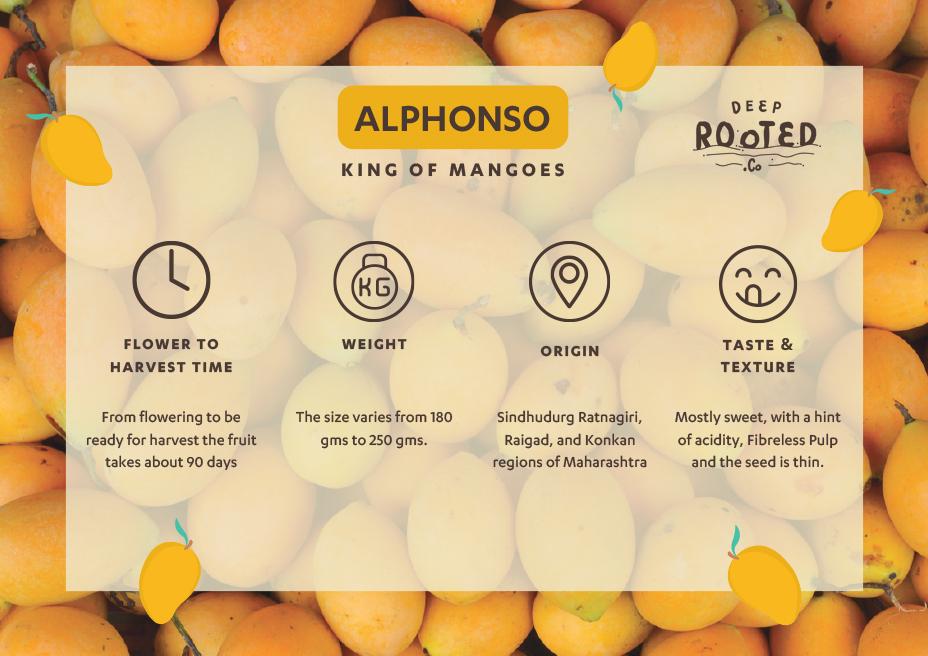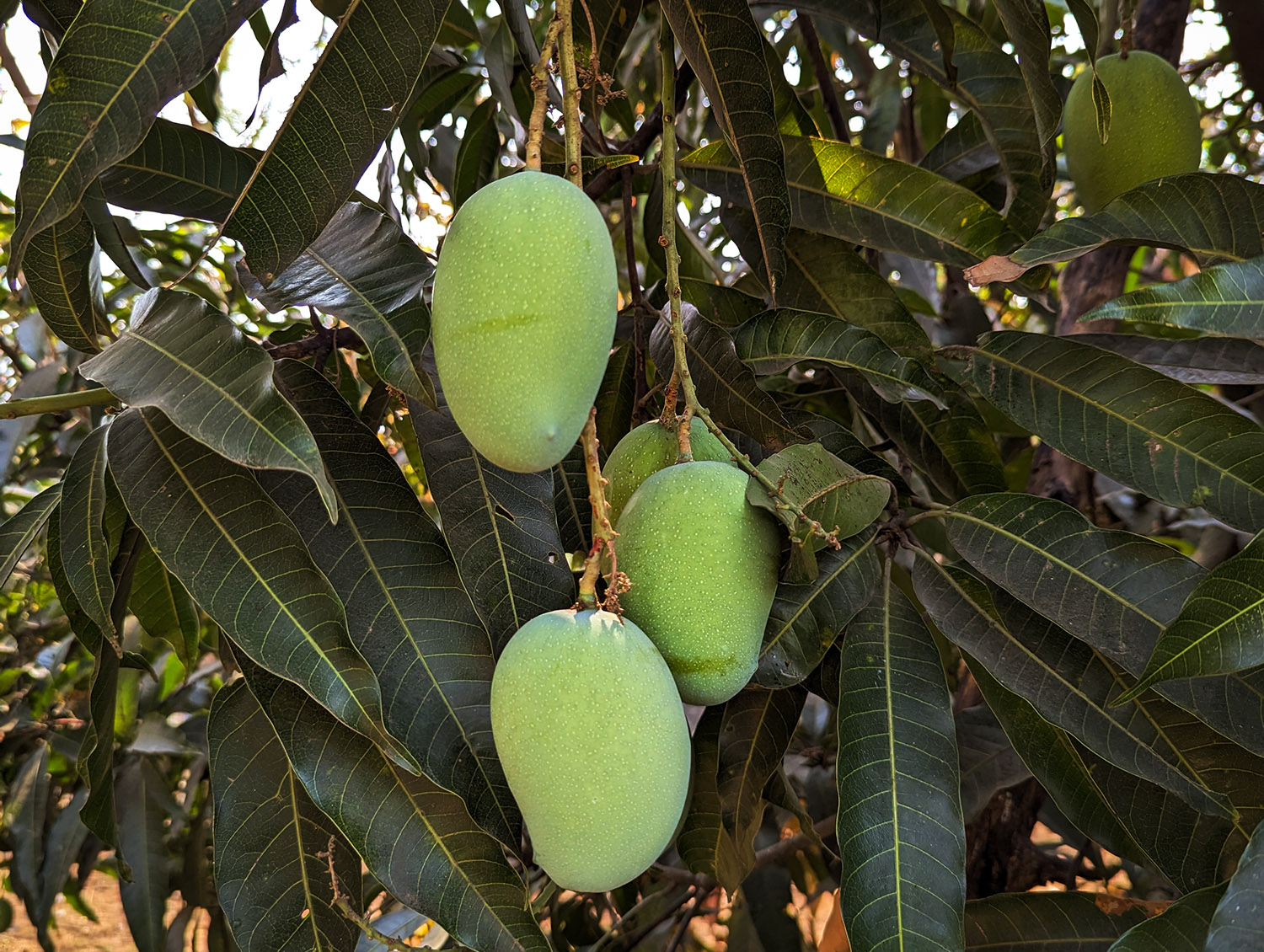Alphonso Tales
Alphonso Mango is a phenomenon, a conversation starter and one of the fruit’s best forms. Also known as Hapus in Hindi, Alphonso is often referred to as the “King of Mangoes”. Though there isn’t any official supremacy labeled , what most mango aficionados agree upon is the delectable charm of Alphonso Mangoes that makes it a popular favorite. You don’t always have to be the king to rule hearts, and this variety most definitely does that.
Origin In India: From across the world to becoming our own
India is a land that has seen several cultural osmosis through her ages. Alphonso Mango, like many other influences on our culture and food, is an adopted reality. The fruit has been named after the Portuguese Viceroy, Alfonso de Albuquerque who conquered Goa and laid Portuguese presence in Asia. It is widely believed that the first variations of Alphonso came with him around the 15th century. Eventually, what stood the test of time, is a version of the fruit that had the innate quality to charm us with its taste, quality and longevity.
Found mostly in the western parts of the country, the best quality of Alphonso mangoes are grown in the Sindhudurg Ratnagiri, Raigad, and Konkan regions of Maharashtra. The Government of India has GI tagged Mangoes from this region owing to its premium, taste, quality and popularity. Today, Alphonso is one of India's largest-selling varieties; no Mango season is complete without it.

Alphonso Mango: Tree, Farming and more
Alphonso is known for its rich taste. The sweetness is balanced by the hint of acidity, which makes the flavor of this variety so distinctive yet familiar. The pulp of the fruit is fibreless and the seed is thin. Mycrene- a naturally occurring chemical in the plant makes the aroma of this variety very intense. With a preferred taste, and a perfume that is inherently associated with the fruit, no wonder, Alphonso Mango is conferred to be among the most regal mangoes in our country. Mangoes grow best in parts of the country where the temperature is on the higher side. Alphonso Mangoes need more than 6 hours of sunlight everyday for reaching the ideal flowering and fruiting stage.
Also, it thrives in soil that is fertile, rich in organic content and has a good drainage system for producing an optimum growing condition. Its roots in the western part of India are nurtured by the best growing grounds. The fruit is at its best quality from 2nd week of April to the 2nd week of May. Our farmers told us the flowering to harvest time is around 90 days and the optimum size of the fruit ranges from 180 gms to 250 gms. Alphonso is graced by good looks. The fruit hangs from long suspended stems of evergreen trees. It is painted with hues of yellow, green, and red. The colour spread changes as per the maturity of the plant. A fully matured version of the fruit has bright golden yellow skin with a tinge of red. There will be no tinge of green on the fruit.

Palate Charmer:
Well, when the summer sizzles, Alphonso transports you to a taste that is so familiar and craved. It cools and nourishes you while pampering you with a taste ingrained in our palate. From the Sorbets to the Ice-Creams, how can we miss the mousse and or the mill shakes? When Mango becomes the theme of the season, Alphonso takes the center stage, lending the richness of its flavor to any gastronomical experience you’re craving for.
Healthily Yours:
Mangoes nourish appropriately. It is loaded with vitamins A, B & C, while also having essential minerals like Potassium, Phosphorus, Manganese, Sodium and more. It immensely helps us to prevent, manage osteoporosis stroke and kidney stones-related troubles. Also, it has anti-cancer properties while strengthening our immune system immensely. Please consult your dietician, doctor, or nutritionist to assess the fitment of the fruit in your diet, if you have any specific health concerns.

